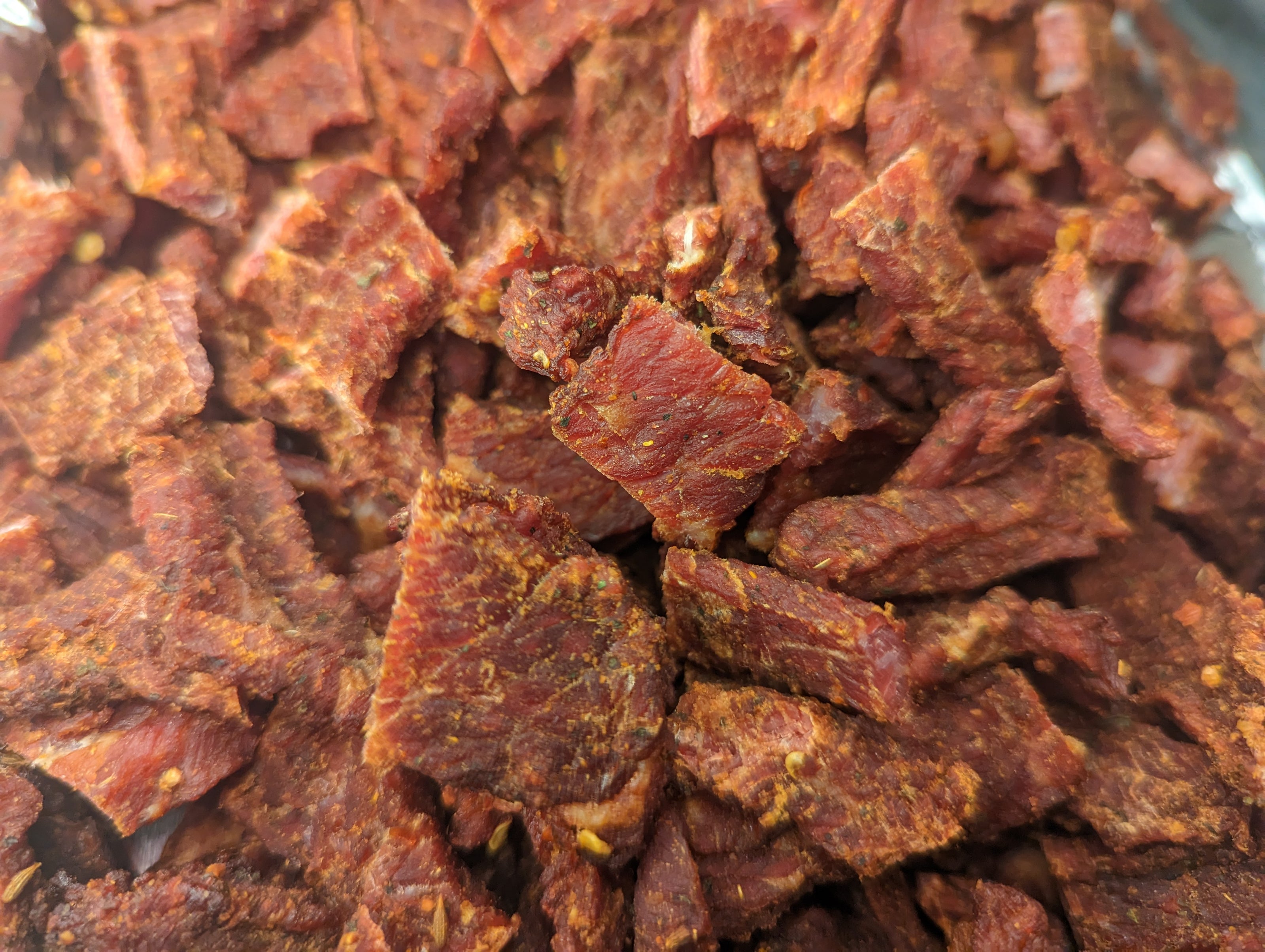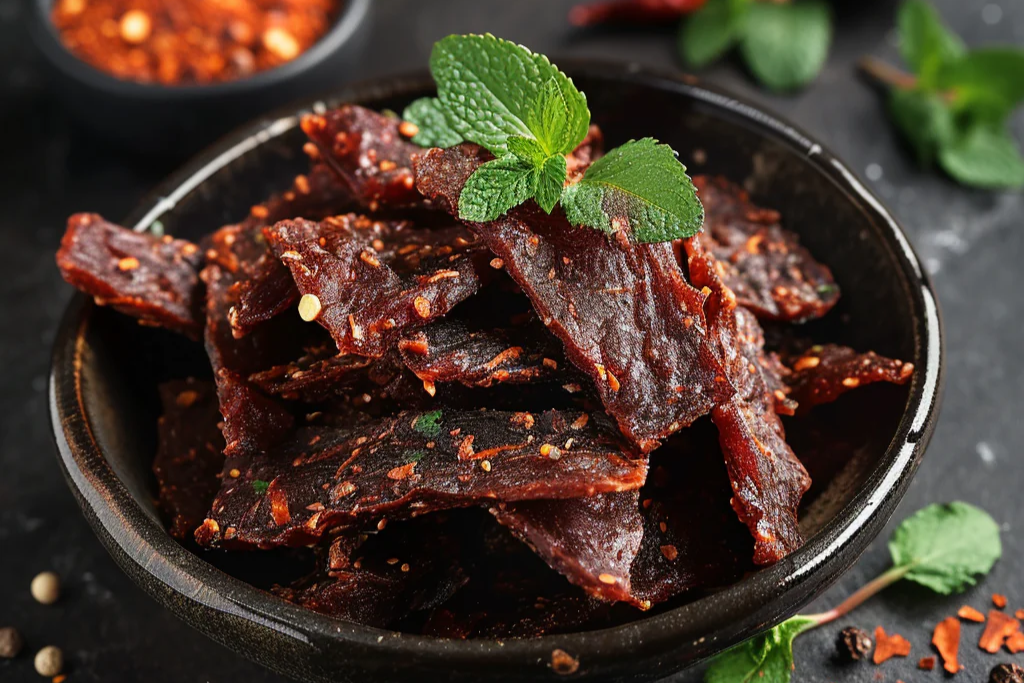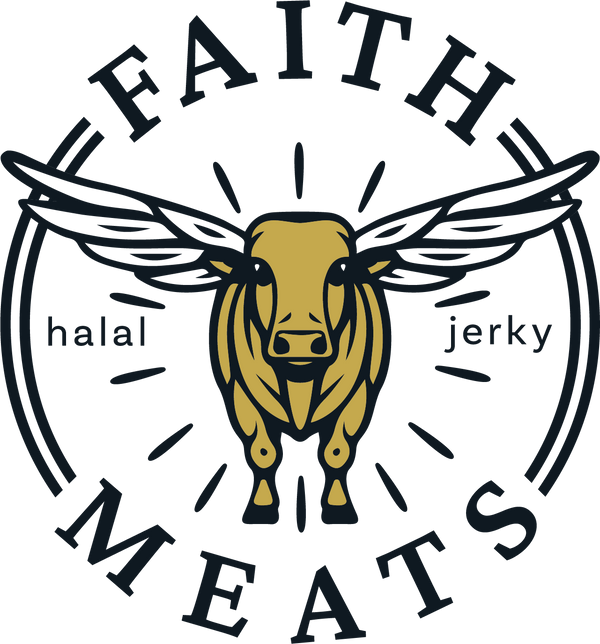Learn About Faith Meats
-

The History of Halal Jerky
Read MoreExplore the rich history of halal meat preservation techniques and how they've evolved into modern jerky production.
-

Understanding Halal Certification
Read MoreLearn about the requirements and process for halal certification and why it matters for food products.
-

The Nutritional Benefits of Beef Jerky
read moreDiscover why beef jerky is a great high-protein snack option for active lifestyles and health-conscious consumers.
-

Global Flavors: A Journey Through Spices
read moreTake a culinary tour around the world as we explore the unique spice blends that inspire our jerky flavors.
-

Sustainable Meat Production Practices
read moreHow Faith Meats is committed to ethical sourcing and sustainable practices in our jerky production.
-

Jerky Making: From Farm to Package
read moreFollow the journey of our premium beef from ethically raised cattle to the finished jerky product.



